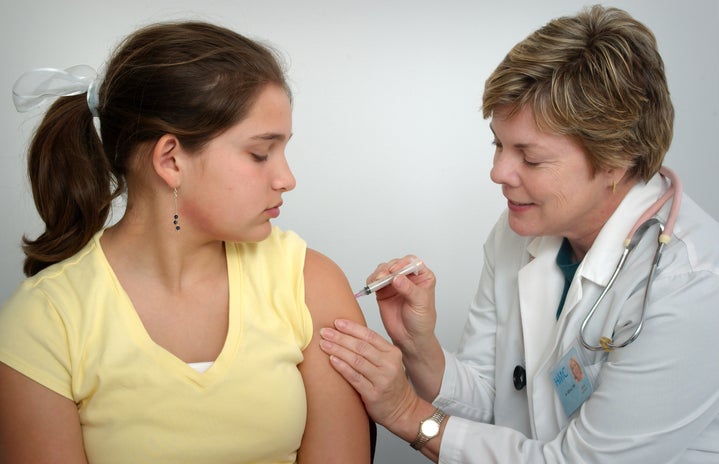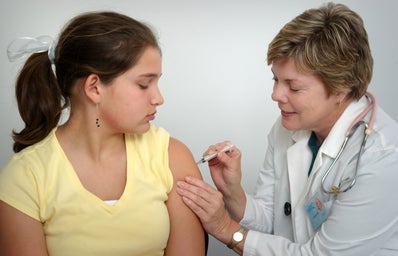The end is in sight, but who gets to cross the finish line first? Now that each state has begun rolling out Coronavirus vaccines to the public, vaccine entitlement has become an ethical debate that medical and state officials are struggling to find a consensus on.
Each state has the authority to prioritize who receives the vaccine first. The Centers for Disease Control and Prevention (CDC) cannot enforce who is first on the list, but it can make recommendations to states. The differences between vaccine prioritization from state to state is what has led to “vaccine hunter” groups. These people cross state lines to receive a vaccine before they could qualify in their home state.
Right now, the CDC has distinguished three phases for vaccine roll-out: 1a, 1b and 1c. Members of the 1a group include long-term care facility residents and healthcare personnel. Members of the 1b group are persons 75 years and older and essential frontline workers. This group is suggested to receive the vaccine after the 1a group. The 1c group consists of all persons 65-74 years of age, all persons 16-64 years of age with high-risk medical conditions and other essential workers.

The Advisory Committee on Immunization Practices, ACIP, at the CDC specifically created these phases for the most effective vaccine prioritization roll-out. However, the Kaiser Family Foundation of healthy policy has determined that only 30 states follow the phase 1a ACIP protocol, only 3 states follow the phase 1b ACIP protocol and still only 3 states follow the phase 1c protocol ACIP.
Out of these varying state to state protocols, there are variations between the phases that states are in as of now. The KFF reported 38 states in phase 1b and 13 states, including the District of Columbia in phase 1c. Because there are such large variations of states following protocol, it allows people to attempt to get a vaccine when their home state would not originally offer it. On Feb. 11, the Florida Department of Health reported 57,000 out-of-state residents received their first dose of the vaccine.
Now, the question is if people should be crossing state lines to receive a vaccine. First, states should prioritize their own residents, as they are trying to limit the spread in their own counties. In-state residents, who contribute to their state’s infection rate, therefore, should be prioritized. However, with an end goal in sight, distributing the most vaccines possible is key to reaching an immunity rate that could move us out of this pandemic.
Health centers have to defrost a certain number of vaccines a day, which leads to leftover vaccines that have not been distributed. According to bioethicists at NPR, if there are thawed vaccines available at the end of the day, and you have the access to receive it, then you should definitely be allowed to get the vaccine because it would be worse to let it go to waste. However, these comments were in the context of in-state residents.

If wealth is required to be vaccinated in a state that has nearly two million cases to date, then there is a huge ethical problem with vaccine entitlement. Health needs have to be prioritized over economic access because if these scandals keep occuring, it will lead to more deaths and hospitalizations to those that are high-risk.
In sum, vaccine entitlement will become more of an issue as states move to further phases in the roll-out process. It is difficult to keep states on the same schedule of vaccine distribution because of varying state populations, but a variable that can be controlled is the qualifying factors to become vaccinated. If states were to simply abide by ACIP phase recommendations, it would decrease the occurrence of the vaccine being distributed to out-of-state residents.



